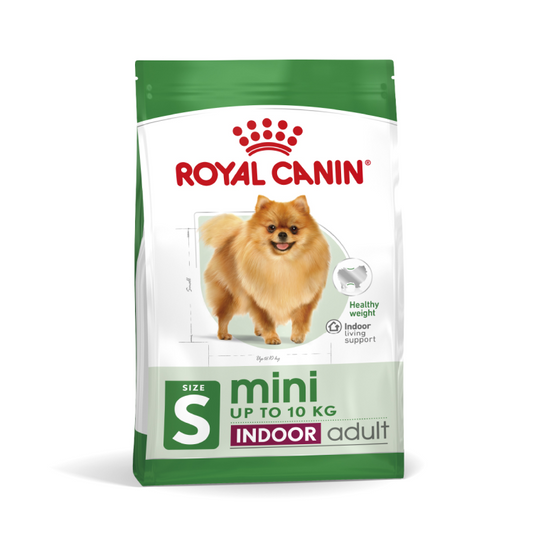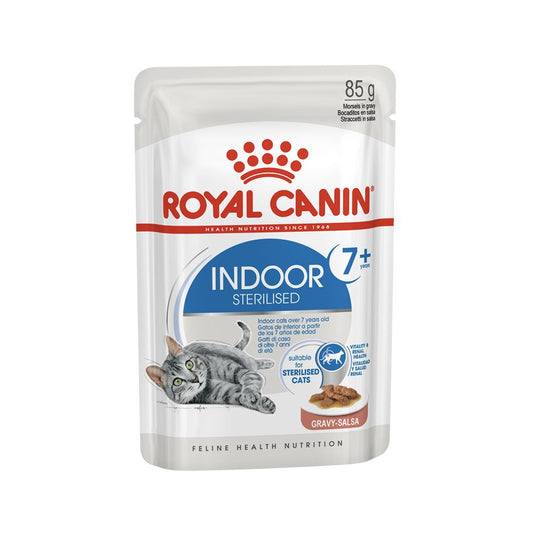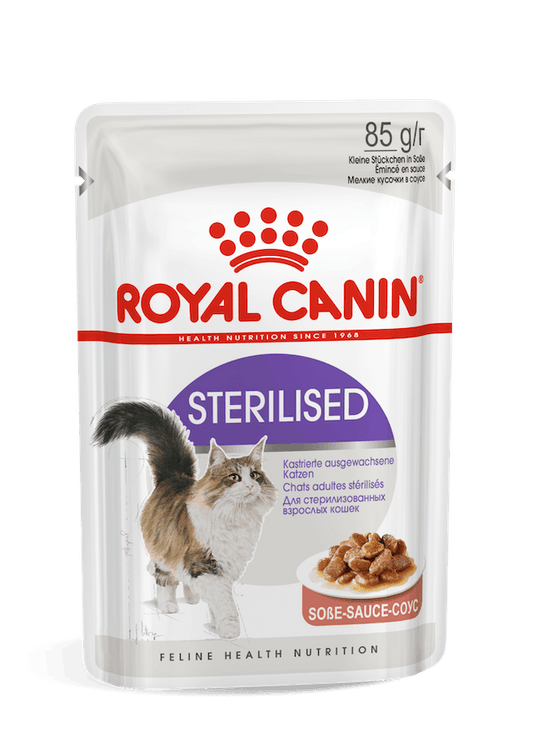When you are a feline parent, normally, they become a family member, though a four-legged one but still a family member. It is also very normal for you to share food with them from your plate but just remember that all the food that we can eat is not right for your whisker.
Some foods are poisonous for them causing them serious health hazards even death. This is why in this blog we are going to discuss all the food poisonous for cats.

Cat Diet: Food Poisonous To Cats
There are specific ingredients that can have a detrimental effect on your cat's digestive system and result in various problems, such as queasiness, throwing up, lack of hydration, and discomfort in the abdominal area. To prevent these harmful symptoms, veterinarians advise against feeding certain foods to your cat.
Here is a list of those foods:
Onions and Garlic
Eating onions, garlic, shallots, or scallions can harm your cat's red blood cells and result in anaemia. While these foods are generally toxic when consumed in large amounts, concentrated forms like onion soup mix or garlic powder can also be poisonous.
If your cat shows signs of lethargy, weakness, decreased appetite, pale gums, or urine that is orange to dark red, it is crucial to seek immediate veterinary care.
Alcohol
Consuming wine, beer, spirits, and food containing alcohol can lead to diarrhoea, vomiting, respiratory issues, tremors, and other severe ailments. Alcohol poses a toxic threat to cats and has the potential to be fatal.
It is crucial to abstain from any form of alcohol as well as products and edibles that contain it. If you suspect that your cat has ingested anything containing alcohol, it is imperative to seek immediate medical assistance.
Did you know according to WebMD, just two teaspoons of whisky can cause a coma in a 5-pound cat and one more teaspoon could kill it?
Raw fish and meat
Initially, this might appear unusual (after all, cats have an affinity for fish, don't they?), but it shouldn't come as a shock. Raw fish and meat harbour bacteria that have the potential to induce foodborne illness.
Similarly, an enzyme present in uncooked fish breaks down thiamine, a crucial B vitamin. A thiamine deficiency can result in neurological complications, coma, and seizures.
Avocados
Cats are classified as obligate carnivores and possess a digestive process that is distinct from that of humans. The presence of persin in the avocado fruit skin can be toxic to dogs and cats. If a cat consumes avocado unintentionally, they may experience symptoms such as vomiting or diarrhoea, or potentially develop acute pancreatitis as a result of the high fat content.

Grapes and Raisins
While grapes and raisins may be a delicious treat for humans, they can be harmful to cats by causing kidney damage. Although veterinarians are still researching this topic, recent evidence suggests that the presence of tartaric acid in grapes and raisins might be the main reason behind their toxicity to cats.
When cats consume grapes or raisins, their kidneys are unable to process certain elements like tannins, which leads to a buildup in the kidneys. This exposure can result in various symptoms such as lethargy, loss of appetite, and dehydration within the first 24 hours.
If left untreated, these symptoms can progress to kidney failure, characterized by vomiting, excessive thirst or urination, abdominal pain, and even coma.
Chocolate and Caffeinated Drinks
It is a well-known fact that chocolate can be deadly for dogs, but it is equally toxic for cats too.
The reason behind this is the presence of methylxanthines in chocolate, which can lead to various adverse effects such as vomiting, diarrhoea, elevated body temperature, muscle tremors, irregular heartbeat, abdominal pain, excessive thirst, and seizures.
Caffeinated beverages also contain methylxanthines and should be kept away from cats. If your cat displays any of these symptoms, it is essential to seek veterinary assistance. As a general guideline, darker chocolates pose a higher risk compared to milk and white chocolate.
Citrus fruits
Lemons, limes, oranges, clementines, and grapefruits are examples of citrus fruits that contain citric acid and essential oils which can be harmful to cats. It is important to avoid all parts of the fruit including the stems, leaves, peels, fruit, and seeds.
Consuming small quantities may result in an upset stomach while consuming large quantities can lead to diarrhoea, vomiting, and depression of the central nervous system in cats.
Liver
Excessive consumption of liver or liver-based products, like the excessive feeding of liver treats, can result in vitamin A toxicity. This is a critical condition that can have detrimental effects on a cat's bones and potentially lead to death in severe cases.
According to WebMD, the consequences of vitamin A toxicity encompass bone deformities, the development of bone growths on the elbows and spine, and the onset of osteoporosis.
Uncooked eggs
Similar to humans, if your cat consumes raw eggs, it can be exposed to salmonella, E. coli, and other types of bacteria which pose a risk to its health. However, there is another concern as well. A protein called avidin, present in egg whites, can interfere with your feline's ability to absorb biotin, an essential B vitamin.
Dairy
There has been ongoing debate about whether or not dairy is harmful to cats. It is important to dispel the misconception that cats should be given a bowl of milk, as this should never be done.
However, it is worth noting that some cats may enjoy small amounts of cheese and dairy, such as a flake of parmesan or a taste of cottage cheese curd. Nevertheless, it is crucial to understand that consuming dairy from cows or other animals can lead to significant digestive issues, much like humans who are lactose intolerant.
Protein With Bones
Numerous felines have a fondness for salmon and tuna, but it is crucial to check that these sources of protein are bone-free before offering them to your beloved pet.
While bones are not inherently toxic, they can lead to significant digestive issues, tooth damage, or even become stuck in the esophagus or intestinal tract, necessitating emergency medical intervention. Ingesting bones may result in symptoms such as vomiting, diarrhoea, loss of appetite, gagging, and excessive drooling.

FAQ: Foods Poisonous To Cats
Do cats know if a food is poisonous?
Cats possess a highly developed olfactory system that enables them to detect various scents, including those related to spoiled or harmful food. Nevertheless, their capacity to identify specific substances solely based on smell is somewhat restricted.
What should not be in cat food?
Similar to human food, the presence of artificial additives in cat food has the potential to cause health issues. It is important to be cautious of certain additives such as BHA, BHT, ethoxyquin, artificial colors, and propylene glycol.
Which flowers are toxic to cats?
These highly popular plants and flowers are poisonous to cats
- Cyclamen.
- Daffodils.
- Foxglove.
- Gladioli.
- Hyancinth.
- Iris.
- Tulips.
- Lilies.
Conclusion
It's important to remember that not all human foods are safe for our furry friends. While some foods may be harmless or even beneficial to us, they can be toxic to cats.
It's crucial to educate ourselves about the foods that can be dangerous for our feline companions and ensure that we keep these items out of their reach. By being proactive in protecting our cats from harmful substances, we can help keep them healthy and happy for years to come.
Your cat's well-being is worth every effort to keep them safe from dangerous foods.






